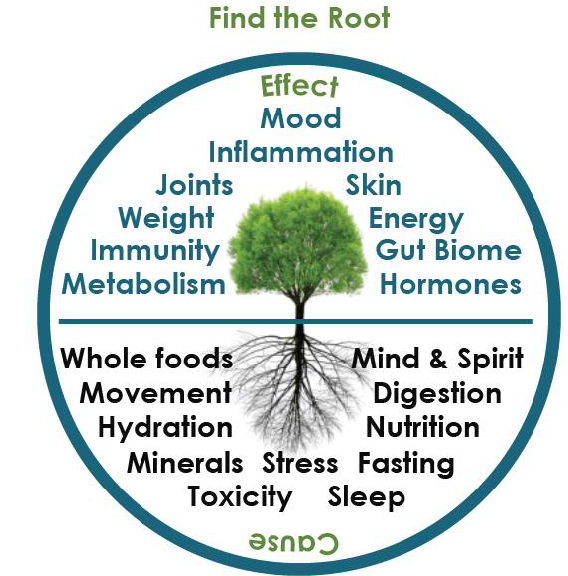Treats the whole person, as an individual, not the disease or the symptom.
Herbal medicine has a long tradition in the use of plants as medicine in various forms including dried herbs, tinctures, decoctions, syrups, flower essences and essential oils in addition to topical substrates such as topical gels, poultices, creams, flower essences and oils
‘Let food be thy medicine’ Hippocrates
What happens in a herbal consultation?
Safety and confidentiality are number one priority. In an initial consultation with your permission, I will usually:
- Take detailed confidential case history.
- Review current medications or supplements to check for herbal contraindications. Please bring list/packets/phots of any medicines labels to consultation.
- Check blood pressure
- Ayurvedic pulse diagnosis
- Iridology
- Chinese tongue diagnosis
- Provide naturopathic advice
- Provide Herbal Prescription from quality-sourced whole herb ingredients such as tinctures, herbal teas, decoctions, syrups, poultices, infused oils, essential oils, salves, ointment or creams.

Detoxification
Restore nutrition and detoxify by cleansing the blood. Example nettle, Dandelion, red clover, cleavers and yellow dock. Remember this the next time you are weeding your garden.
Liver is our main organ of detoxification. Congested liver unable to metabolise and excrete excess hormones & wastes.
Liver is linked to emotions in Chinese medicine.
Give your body the best terrain. Liver is regenerated every 6 weeks.
Nutrition
Nourishing and supporting your system is essential. Assess diet & review digestion & elimination pathways.
Nutritional advice and how to source from your diet.
Review constitution type, energetics & terrain.
Assess foods best avoided to reduce toxins.
Evaluate any supplements.
